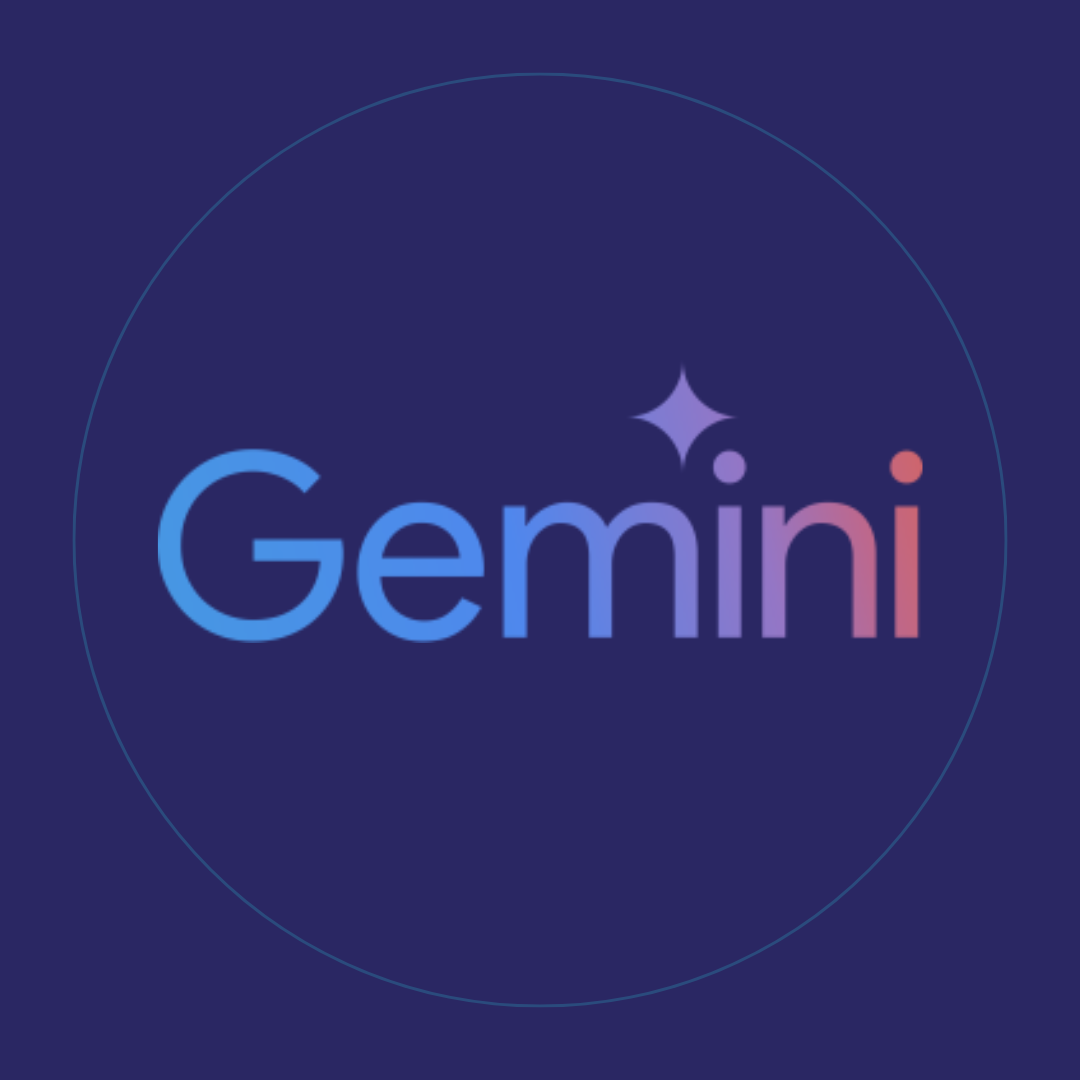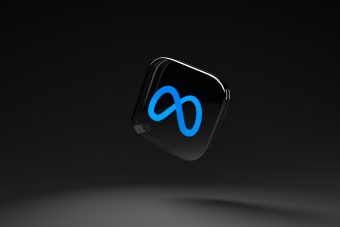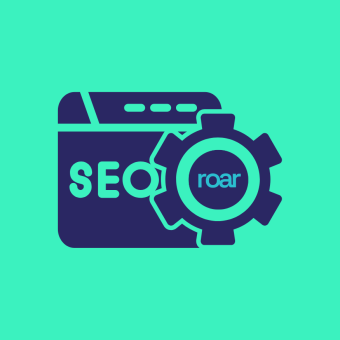Another AI has joined the mix, with Meta AI, Bard AI and ChatGPT already floating around. Who knew there was space for more? But there is news in the AI websites world.
Those of you with a more technical mind are already saying “Wait this is not a new AI site, this is a new AI model” and you would be right. Whilst Gemini is new to the game it’s based on previous Google AI models and will continue to power Google’s AI capabilities. It shows up in your phone, in Bard AI and other AI chatbot apps.
So let’s get into what Gemini is and how the power of Google’s AI can help advertisers and marketers, including AI benchmarking.
What is Google’s Gemini AI?
Google’s AI site Gemini is a next-generation AI model that is expected to be the most powerful AI ever built.
It is designed to have sophisticated multimodal capabilities, meaning it can understand and interpret various forms of data, including text and images.
Gemini is expected to master human-style conversations, language, and content. It can also code prolifically and effectively, drive data and analytics, and be used by developers to create new AI apps and APIs. Think Google Bard API but better.
Gemini is built upon Google’s previous AI model, PaLM 2, which is used to drive AI capabilities throughout Google’s current suite of products.
The development of Gemini is led by Google teams Brain Team and DeepMind. Gemini is currently still in training mode and is being fine-tuned and rigorously tested for safety so you won’t see it pop up on your Pixel just yet.
In the future, Gemini is expected to power most of Google’s products and services. For example, Google’s flagship smartphone, which is powered by the Google Tensor G3 chip, will run Gemini Nano, a version of the model built specifically to run directly on the device.
Will we soon be in a place where each device runs its own specific AI model based solely around how we use that device?
Gemini: The details
“Gemini is the result of large-scale collaborative efforts by teams across Google, including our colleagues at Google Research. It was built from the ground up to be multimodal, which means it can generalise and seamlessly understand, operate across and combine different types of information including text, code, audio, image and video.”
Quote from “Demis Hassabis, CEO and Co-Founder of Google DeepMind, on behalf of the Gemini team”
The first stage of Gemini has been optimised at 3 different sizes based on its most common uses. Helping it run faster, better and more efficient.
Gemini Ultra — our largest and most capable model for highly complex tasks.
Gemini Pro — The model best used for scaling across a wide range of tasks.
Gemini Nano — It may be small but it is mighty. The smallest and most efficient model for on-device tasks. This is the version of gemini that will be making its way onto the PIxel and other android phones.

A visual representation of the 3 subsections of Gemini. Source
Gemini Ultra became the first model to surpass human experts in Massive Multitask Language Understanding (MMLU) achieving a groundbreaking 90.0% score, marking a historic milestone. This cutting-edge assessment encompasses 57 diverse subjects, including maths, physics, history, law, medicine, and ethics, evaluating proficiency in both global knowledge and problem-solving capabilities.
Gemini has been built to be natively multimodal, right from the start. Rather than following how previous models have been built where each component was trained separately and then stitched together to mimic the multimodal functionality that Gemini has been able to achieve. Gemini 1.0 was trained to recognise and understand text, images, audio and more at the same time, so it better understands nuanced information and can answer questions relating to complicated topics.
They’ve announced the most powerful, efficient and scalable TPU system to date, Cloud TPU v5p, designed specifically for large AI models. This will accelerate its training ability and bring Gemini’s capabilities to more products.
How to use Gemini AI
With it only been rolled out in stages, we aren’t yet sure how to use the new Gemini AI. When it appears in the Pixel 8 we’ll likely get a much better view of how the model works and the impact it will have. You will be able to use the new model in search and Bard from as soon as today!
Google has said that they are “committed to advancing bold and responsible AI in everything we do”. Going as far as stating that Gemini has the most comprehensive safety evaluations of any Google AI model to date, including checking for bias and toxicity in its language.
Gemini in Google AI products
From the day of the announcement, Bard AI will be using Gemini. Straightaway Google’s AI will be smarter and more inclusive. The Biggest upgrade to Bard since its launch.
The Pixel 8 Pro will be the first smartphone to use the Gemini Nano to power its AI capabilities. It will power new features like ‘Summarize’ in the Recorder app and roll out in Smart Reply in Gboard. Coming to WhatsApp first and then other messaging apps soon.
They are already experimenting with using Gemini in search, making it faster and more intelligent in more languages than before.
Implications of Gemini AI for digital marketing
Personalisation
With its advanced understanding of language and content, Gemini AI could enable marketers to create highly personalised campaigns that resonate with individual consumers on a deeper level. This could be with simple name personalisation in content or showing users a specific version of an ad or article based on their likes and behaviours.
Automation:
Gemini AI’s ability to code effectively could lead to increased automation in digital marketing tasks. Current AI models have been clunky when it comes to coding, following strict rules that for a novice developer, are hard to understand. This could make marketing processes more efficient and productive. Marketers can code their own work without waiting on developer support and developers can focus on complex problems.
Data analysis:
Gemini AI’s data and analytics capabilities could provide marketers with valuable insights into consumer behaviour, helping them make more informed decisions and optimise their marketing strategies. With its ability to interpret human conversations, the tool may be able to summarise meetings, pick out patterns in speech from multiple sources and even translate conversations.
Content creation:
By generating human-like text, Gemini AI could be used to create engaging marketing content, from social media posts to blog articles. Removing the ‘AI’ tone we’ve all come to know with CHatGPT generated content will be a game-changing in churning out quick written content. It will also be intelligent enough to interpret multimedia inputs, meaning it could analyse a painting, determine if a video is edited or summaries the recording of a meeting.
Customer interaction:
Gemini AI’s conversational abilities could enhance customer interaction, providing real-time responses to customer queries and improving customer service. Long gone are the unhelpful, slow chat bots on your website; convert users faster with a human-sounding message bot that understands how humans speak and answers their queries in their tone.
How can the power of Google AI help advertisers?
AI can be an incredibly useful tool for advertisers. Whether that’s through data collection, idea generation or using it as a pumped-up Grammarly. Different AIs have different degrees of precision and tone. ChatGPT is more casual but Bing (Microsoft) allows you to choose the tone and style. We aren’t sure how Gemini Google Ai will sound yet, or if it will even sound different to the current model used in Bard AI.
Google’s new AI is likely to help marketers and advertisers summarise content, you can give it the creative asset for an ad and it will read it and write the copy. Or it may be able to run simulations to find your most successful ad. The possibilities are endless.
The future of digital marketing with Gemini AI
We’ve been using AI for years, tools that automate dull data inputs, transcribing meetings for accessibility and creating content about the new tool, software or trend in the marketing world.
It’s likely that we’ll continue to see agencies using AI. Especially this year with huge uptake of ChatGPT usage. Which acquired 1 million users in just 5 days after its launch in November 2022 and hitting 1.8 BILLION users in May 2023 (Exploding Topics). But unlike most, we didn’t get swept up by the tide.
We knew what AI tools worked for us and we stuck to them.
Using our free time to explore the boom in software and possibilities, we’ve moved with the trends and kept ahead of the curve by constantly being on the lookout for new opportunities to bring more revenue, clicks and content to our clients. Now we can build unique content faster and to a greater degree of accuracy than ever before.
This is only going to get better with Gemini.



